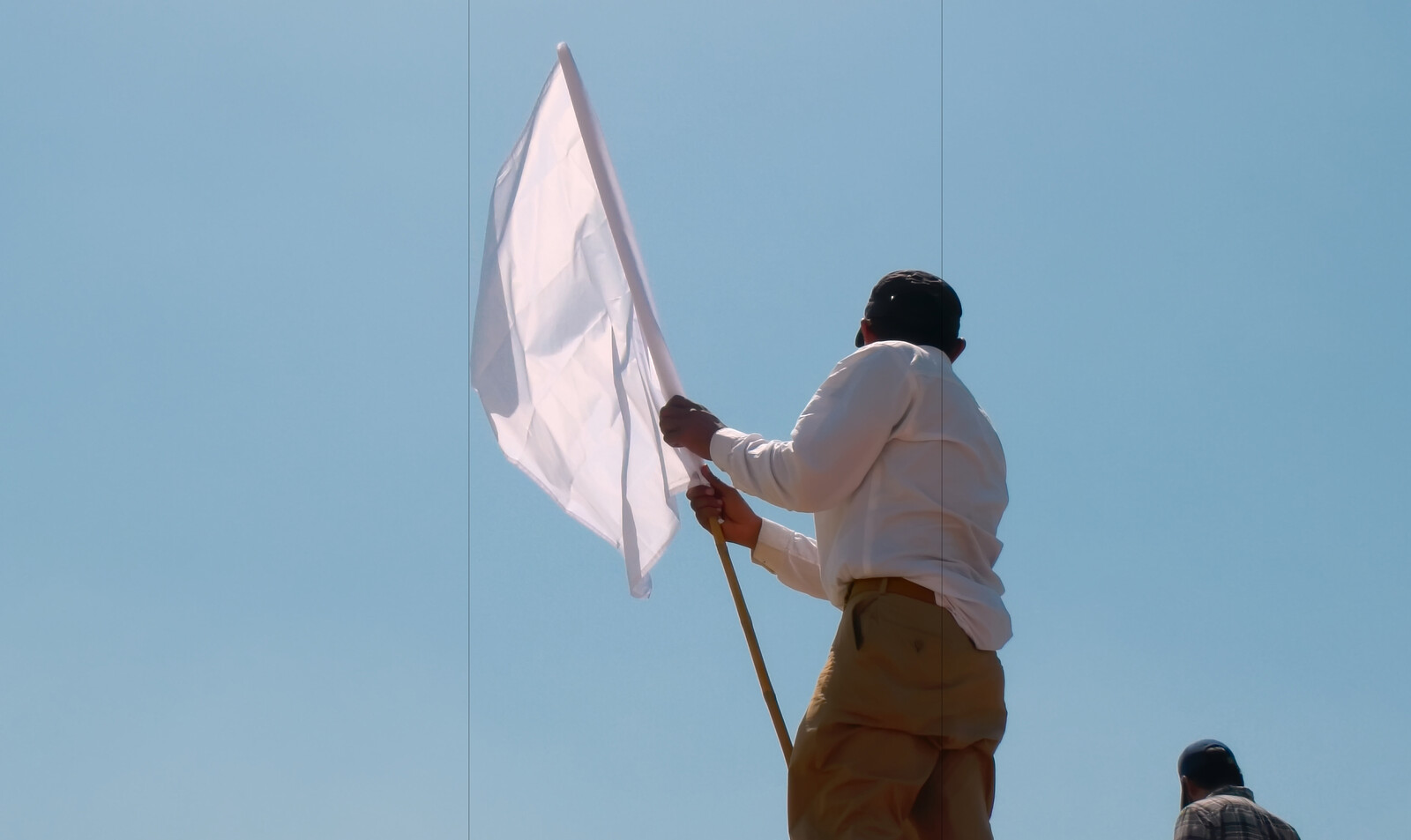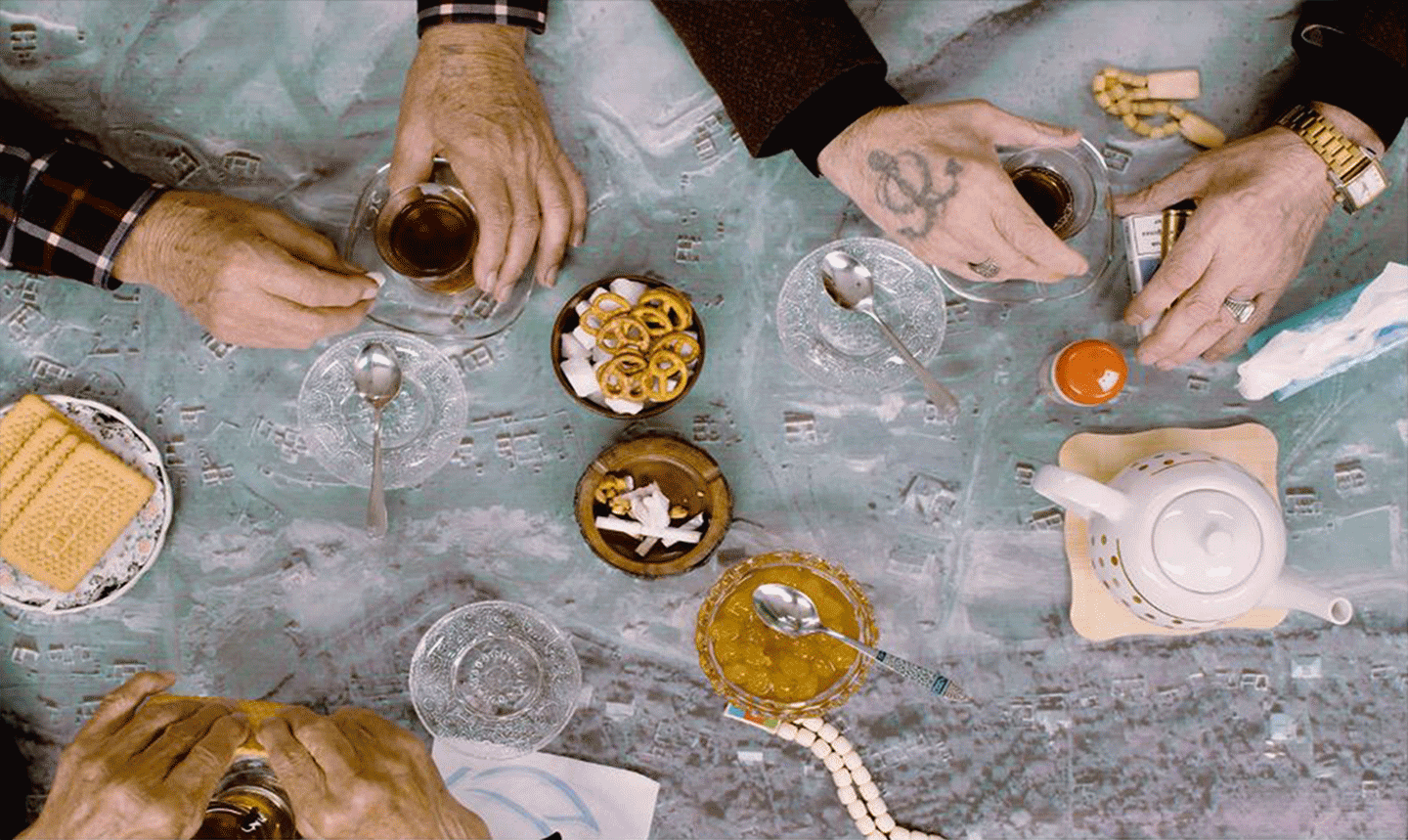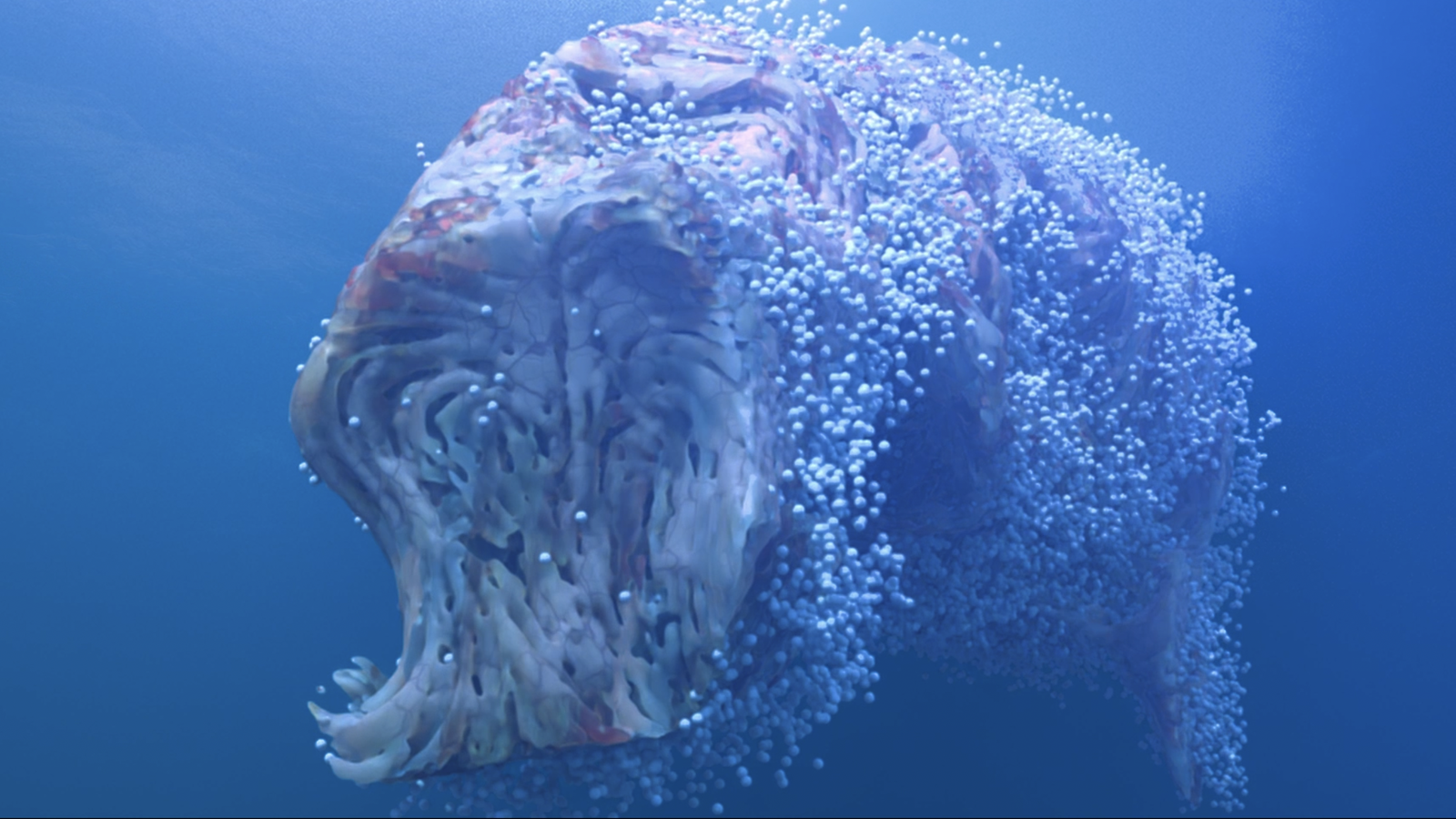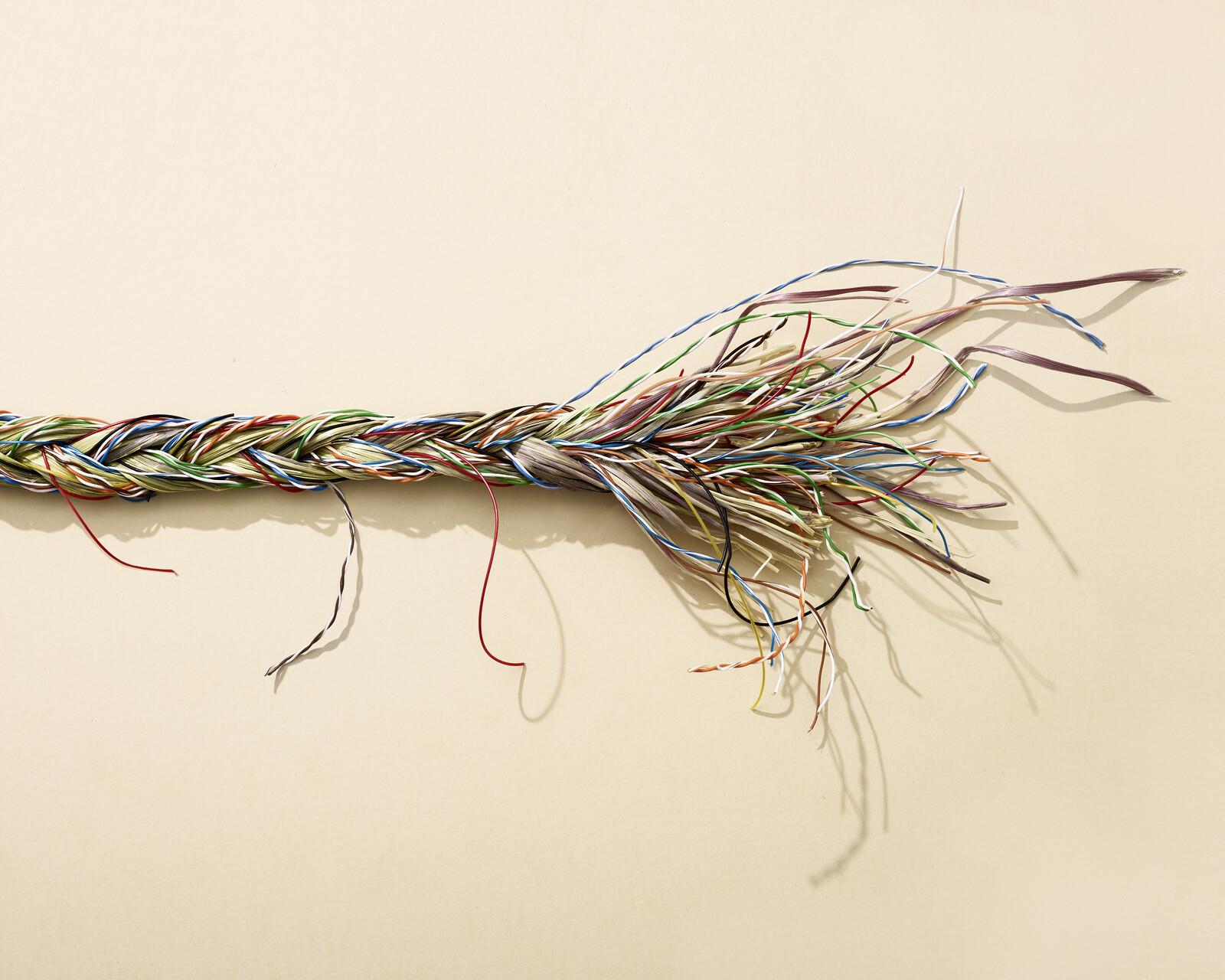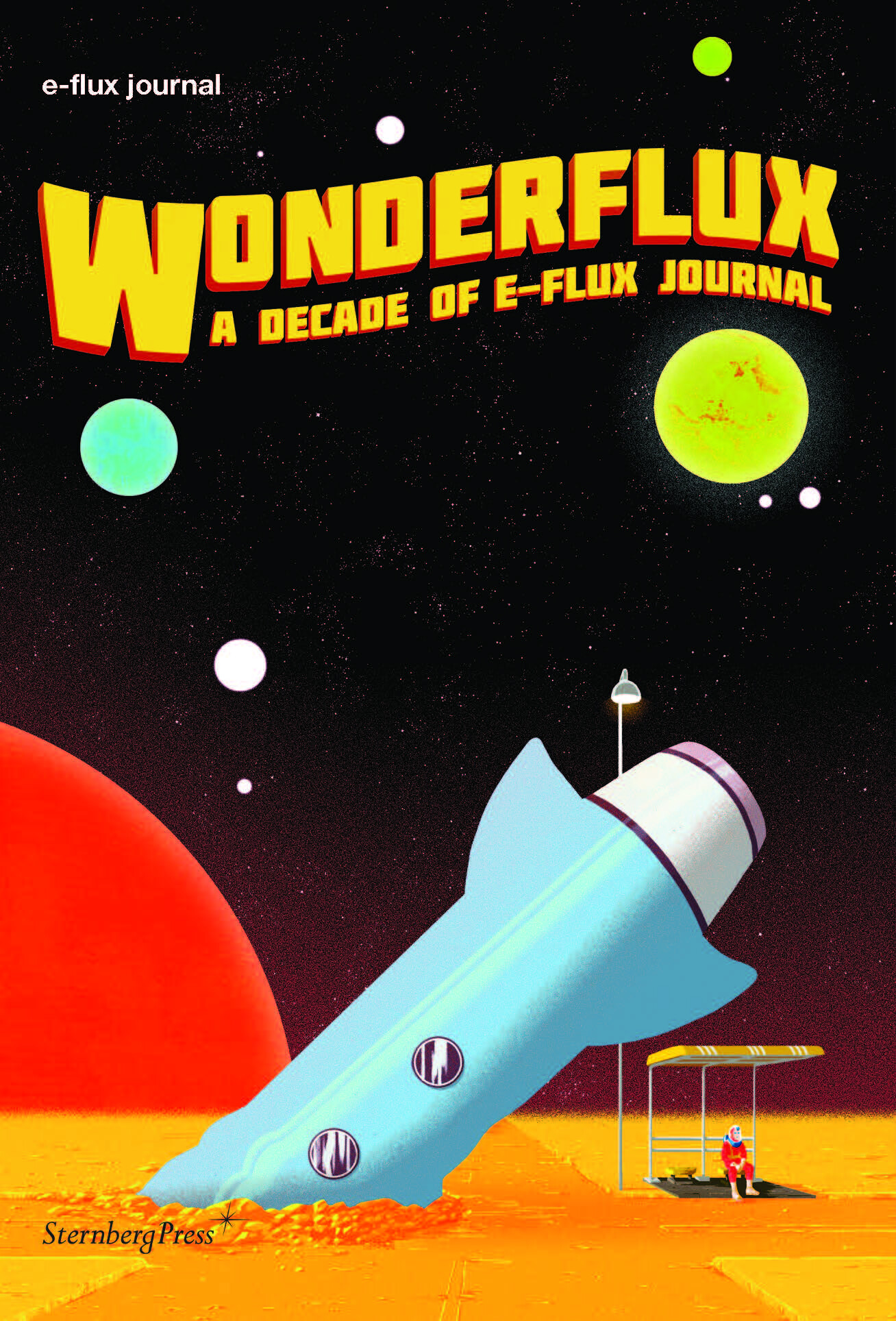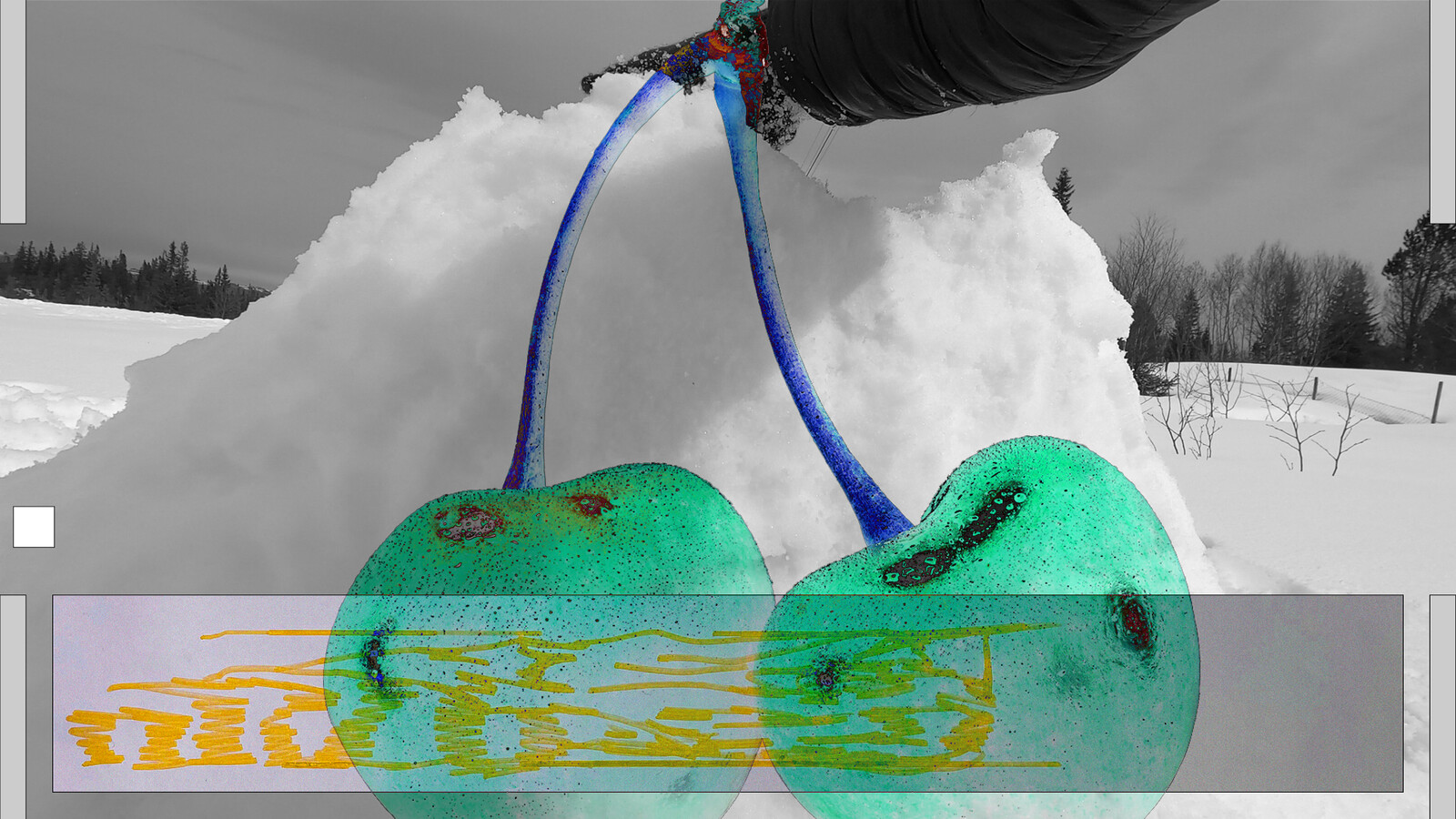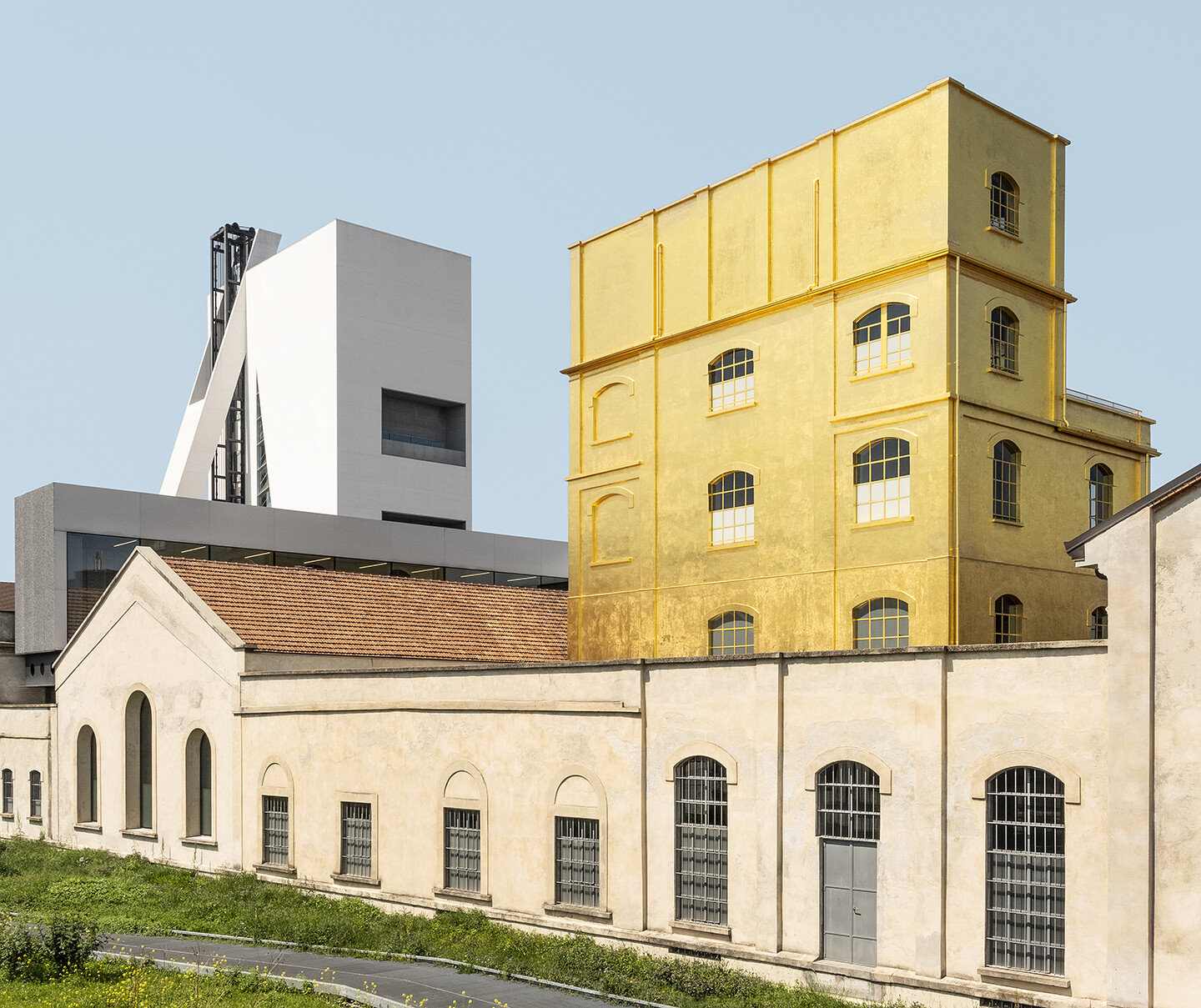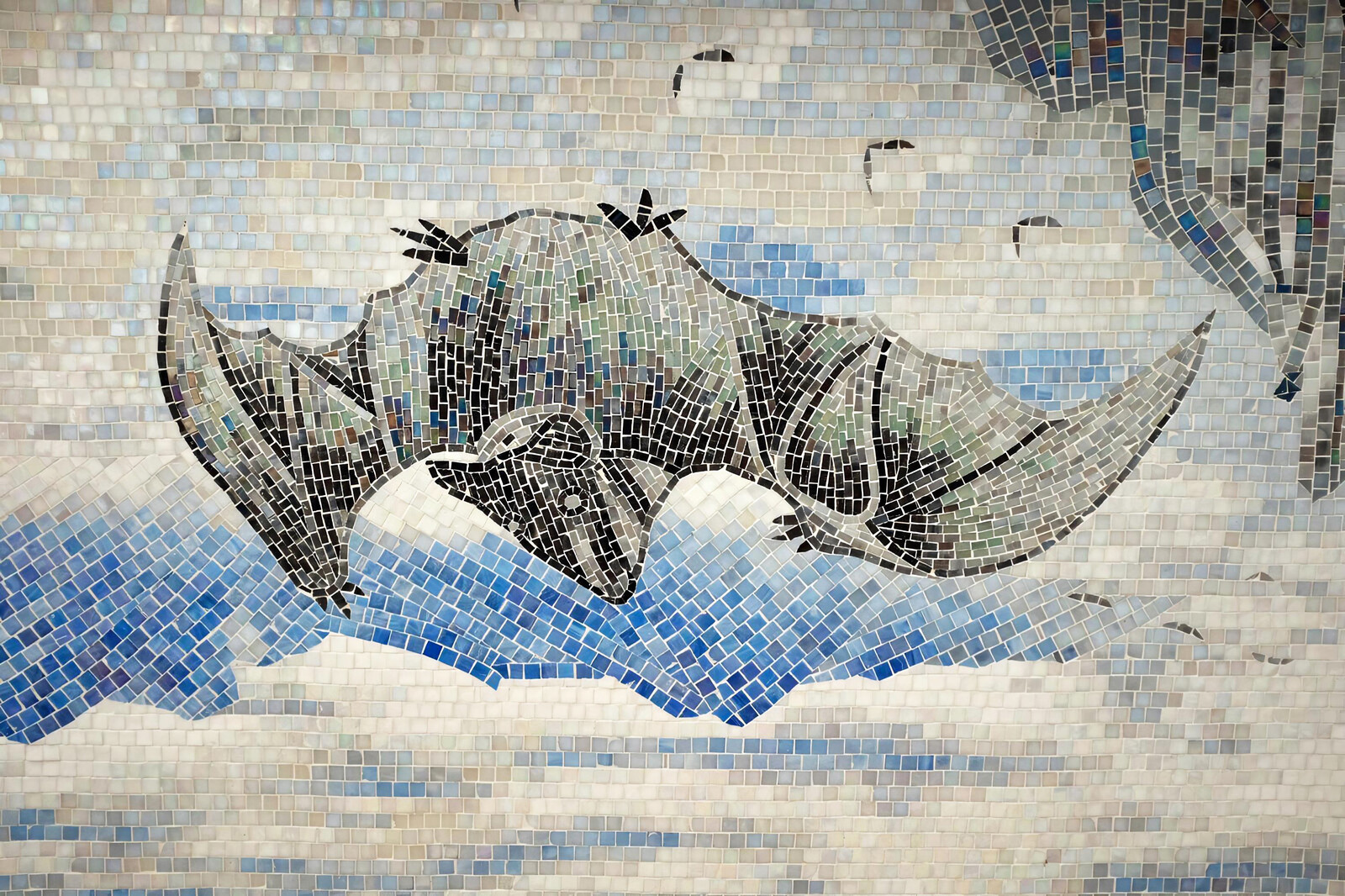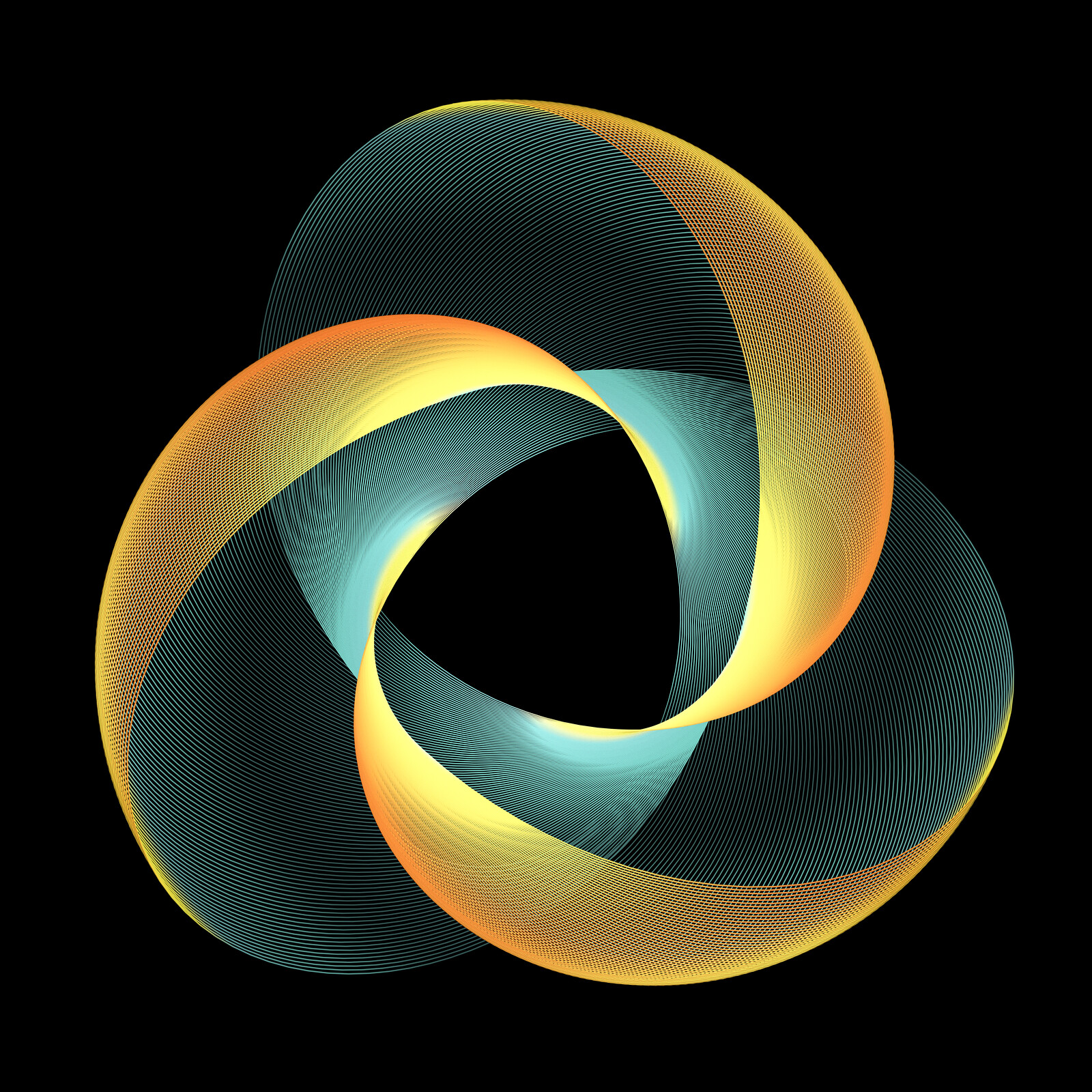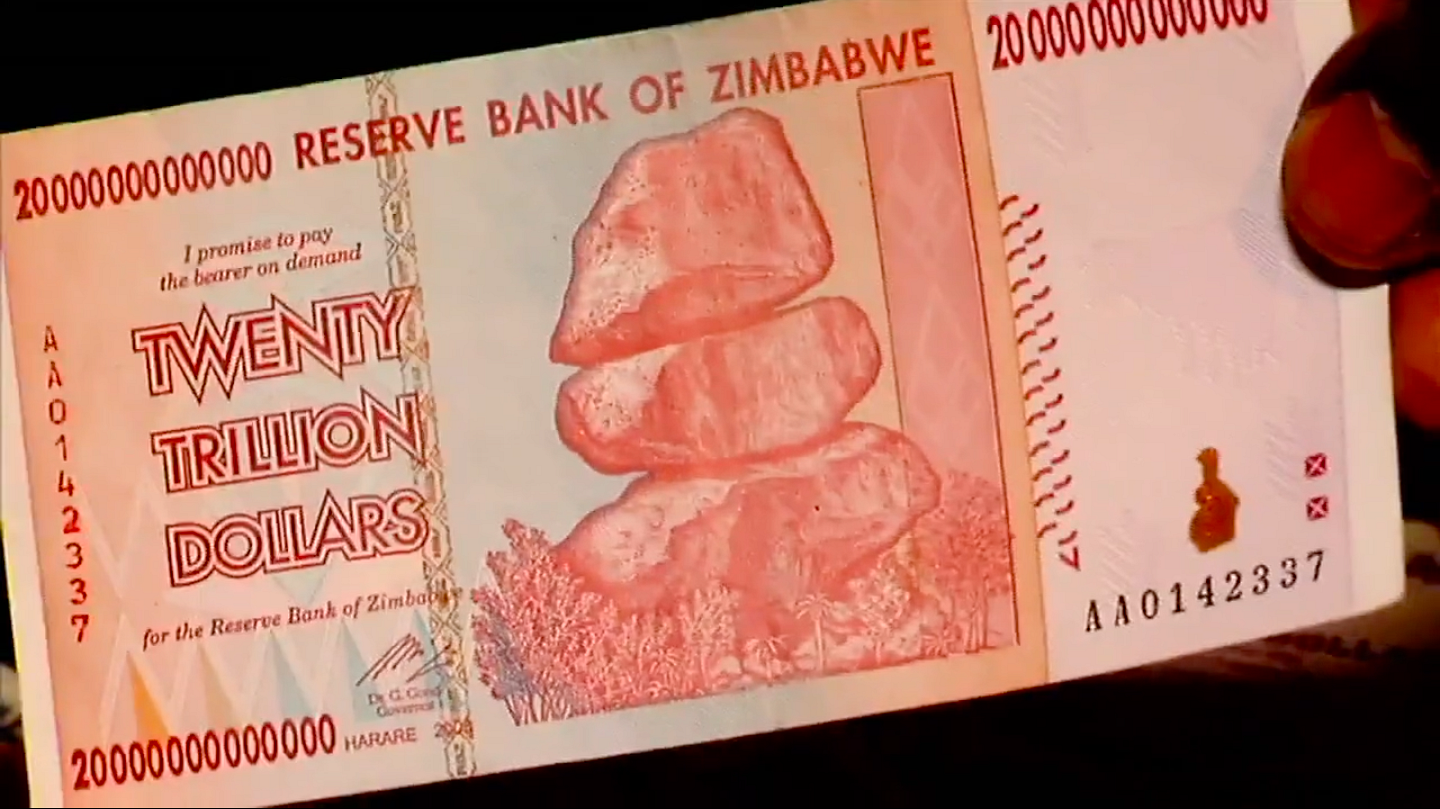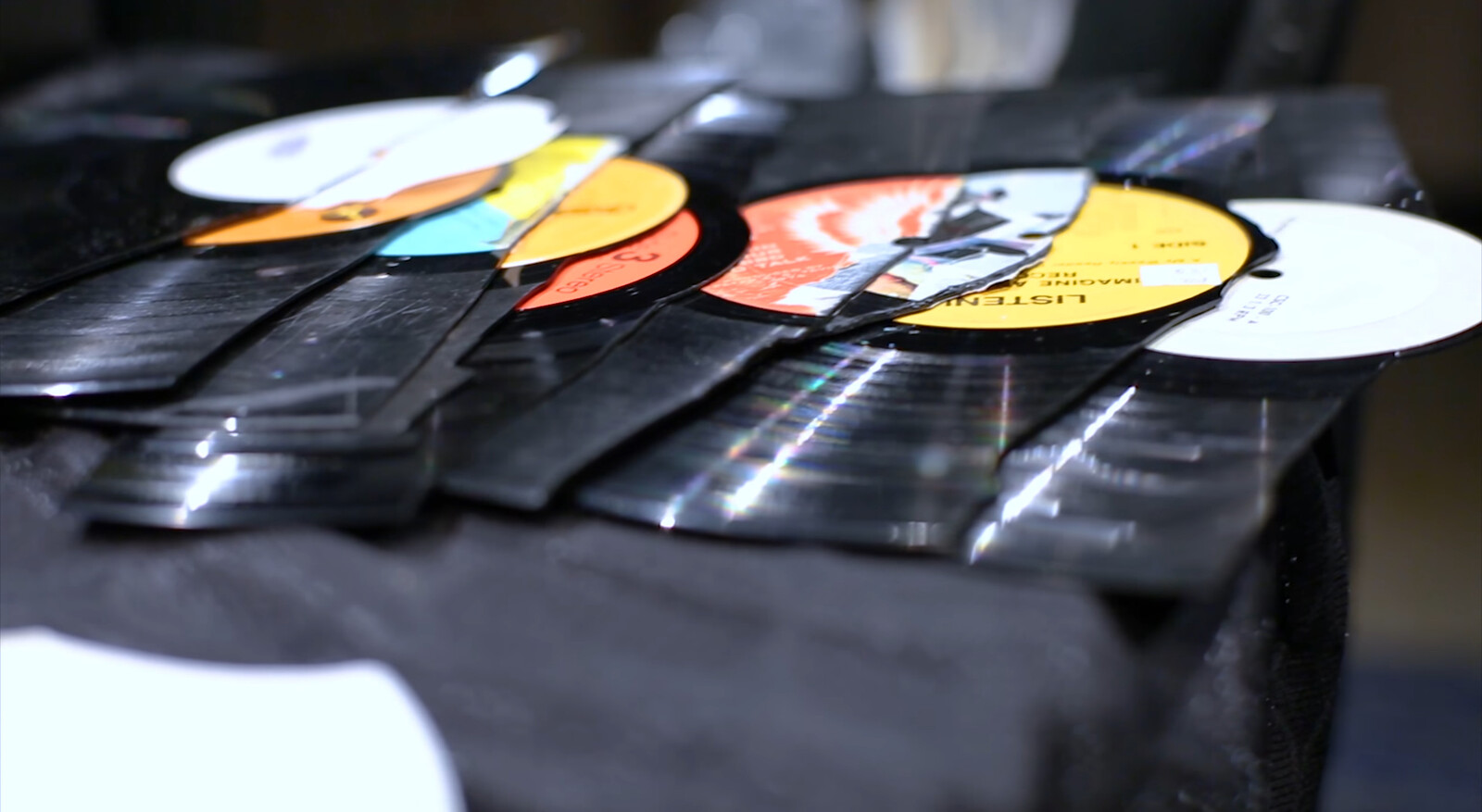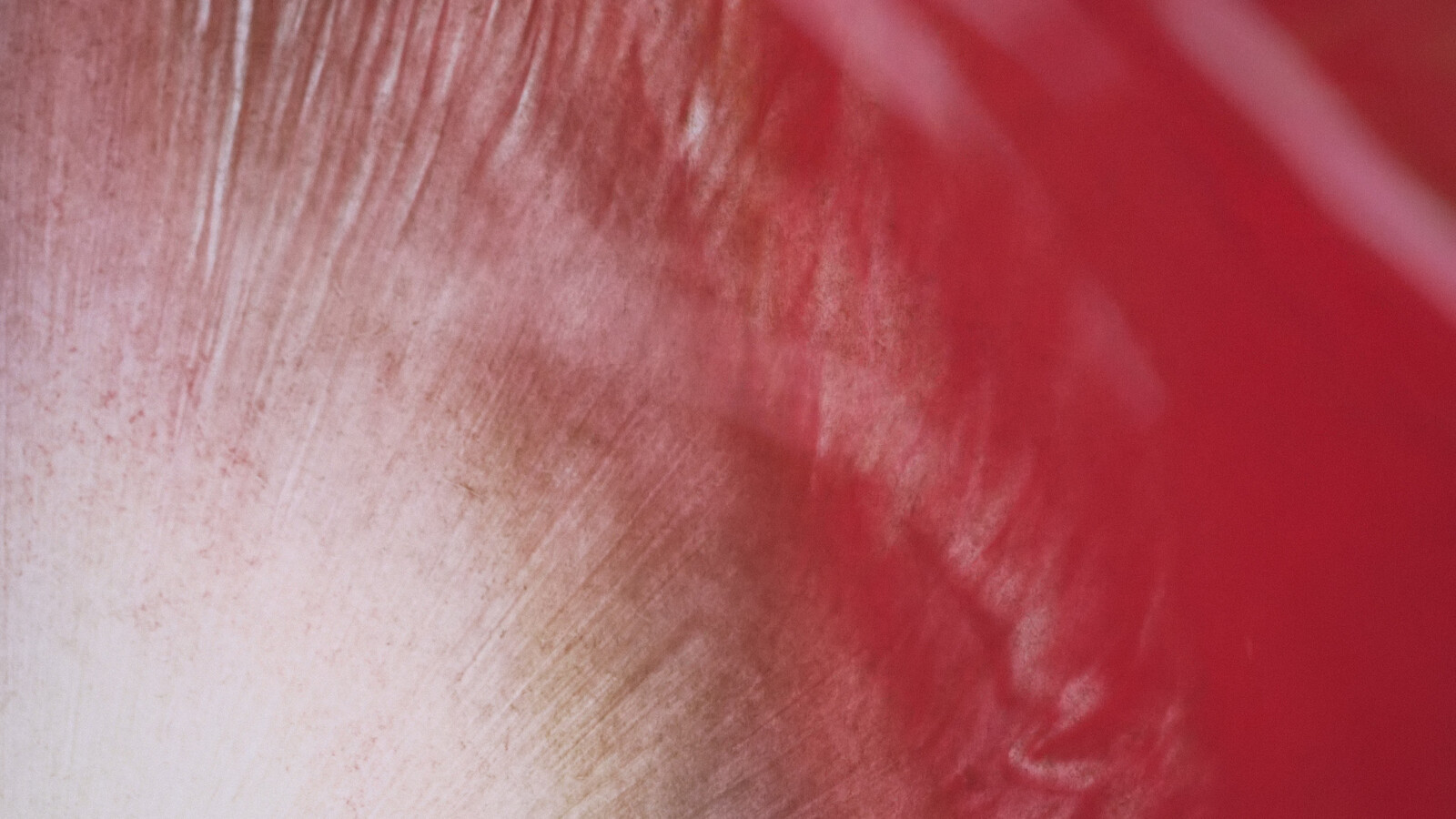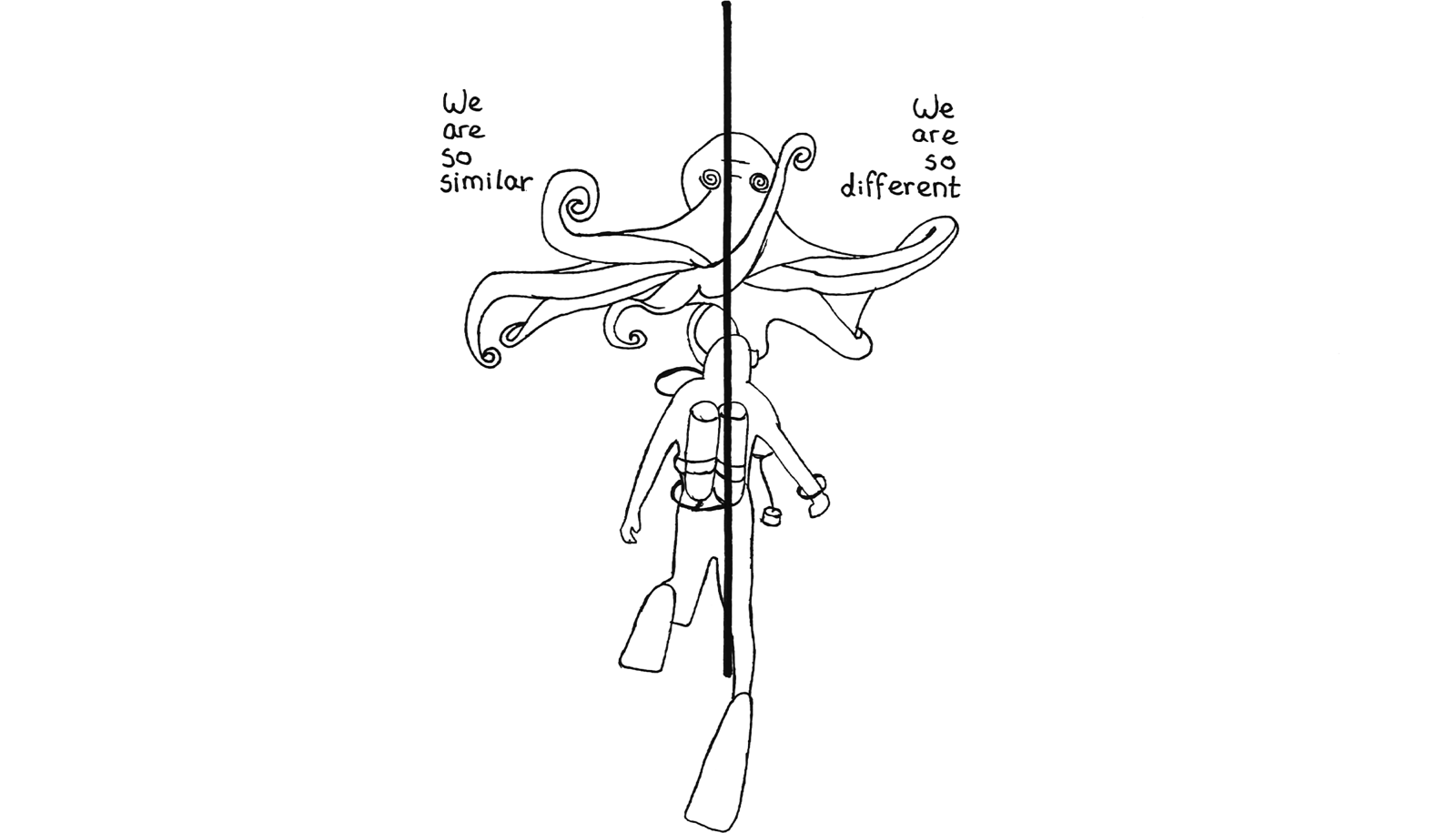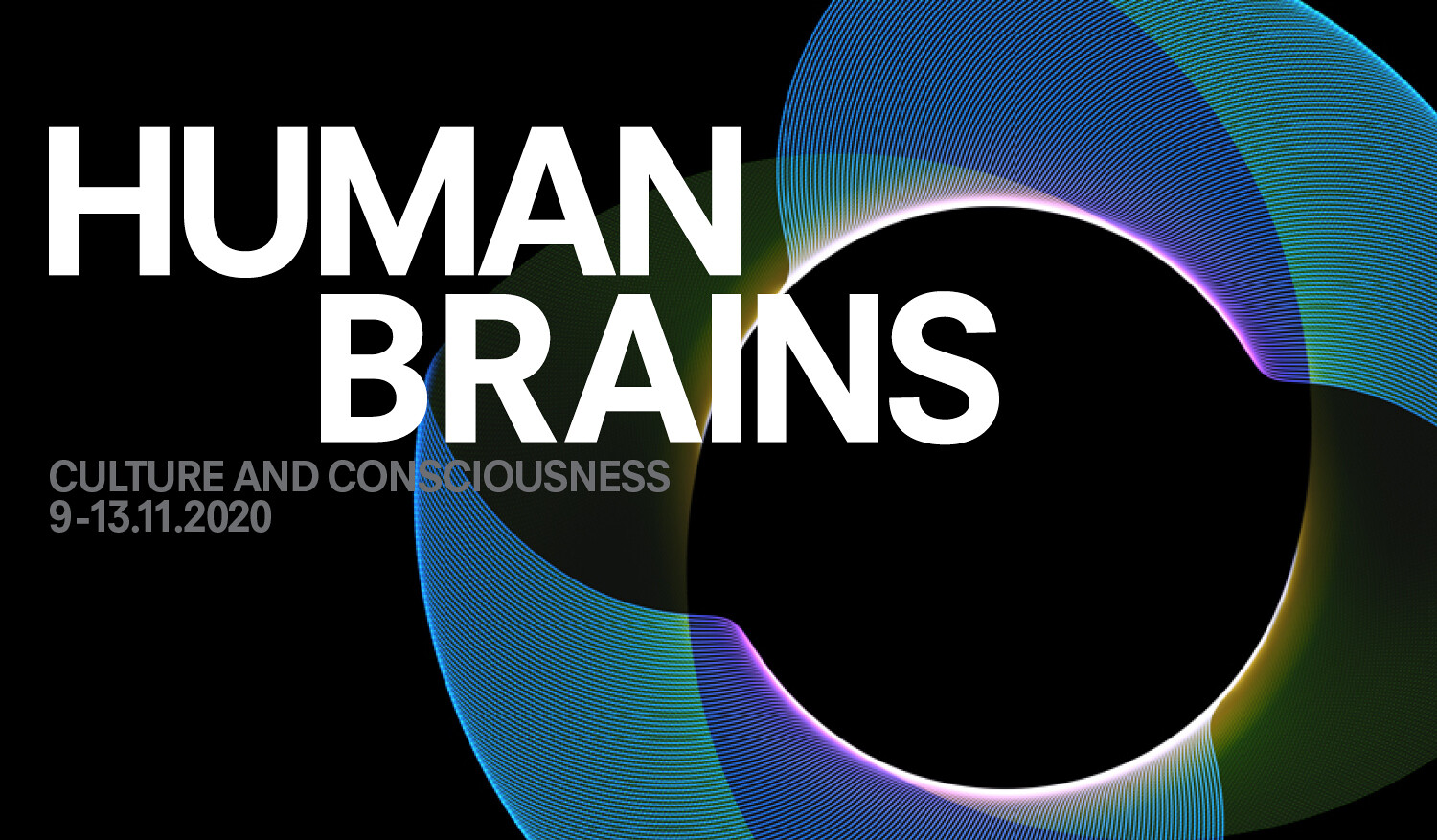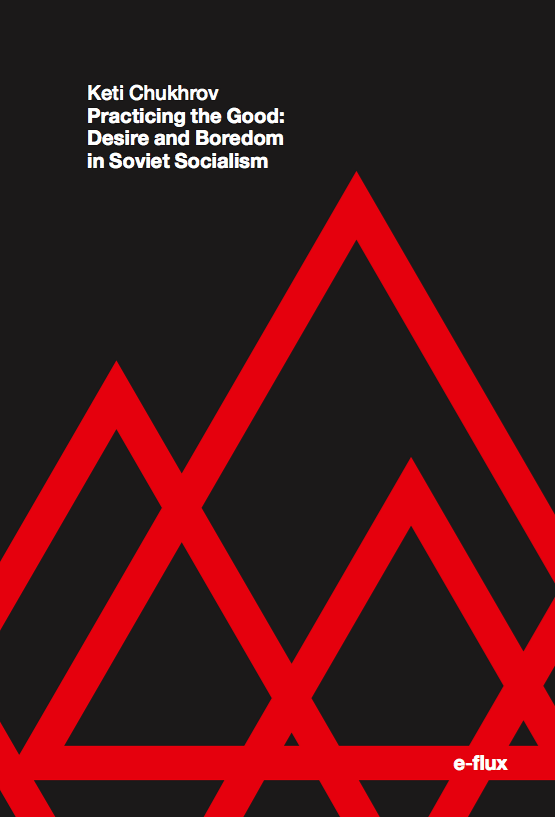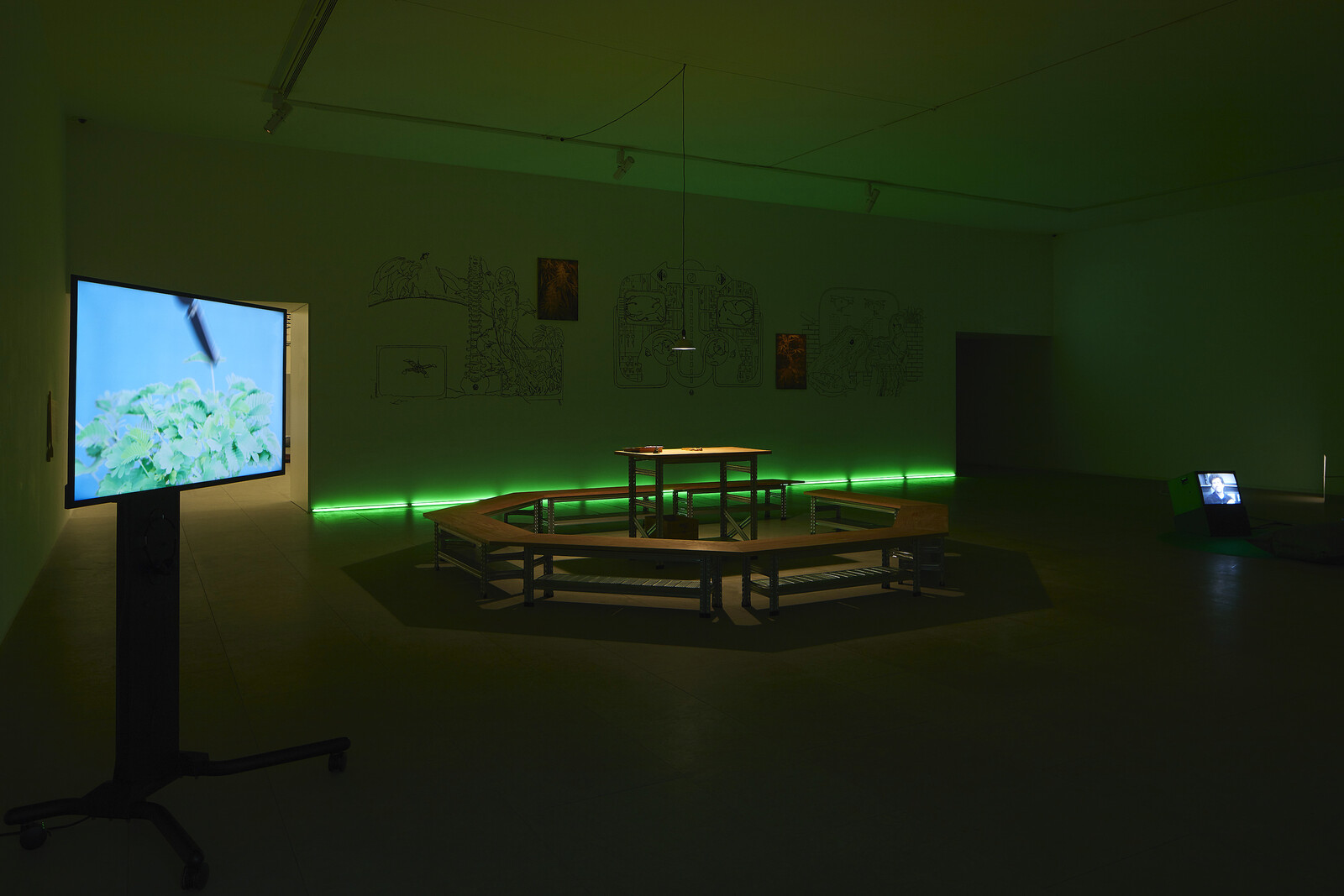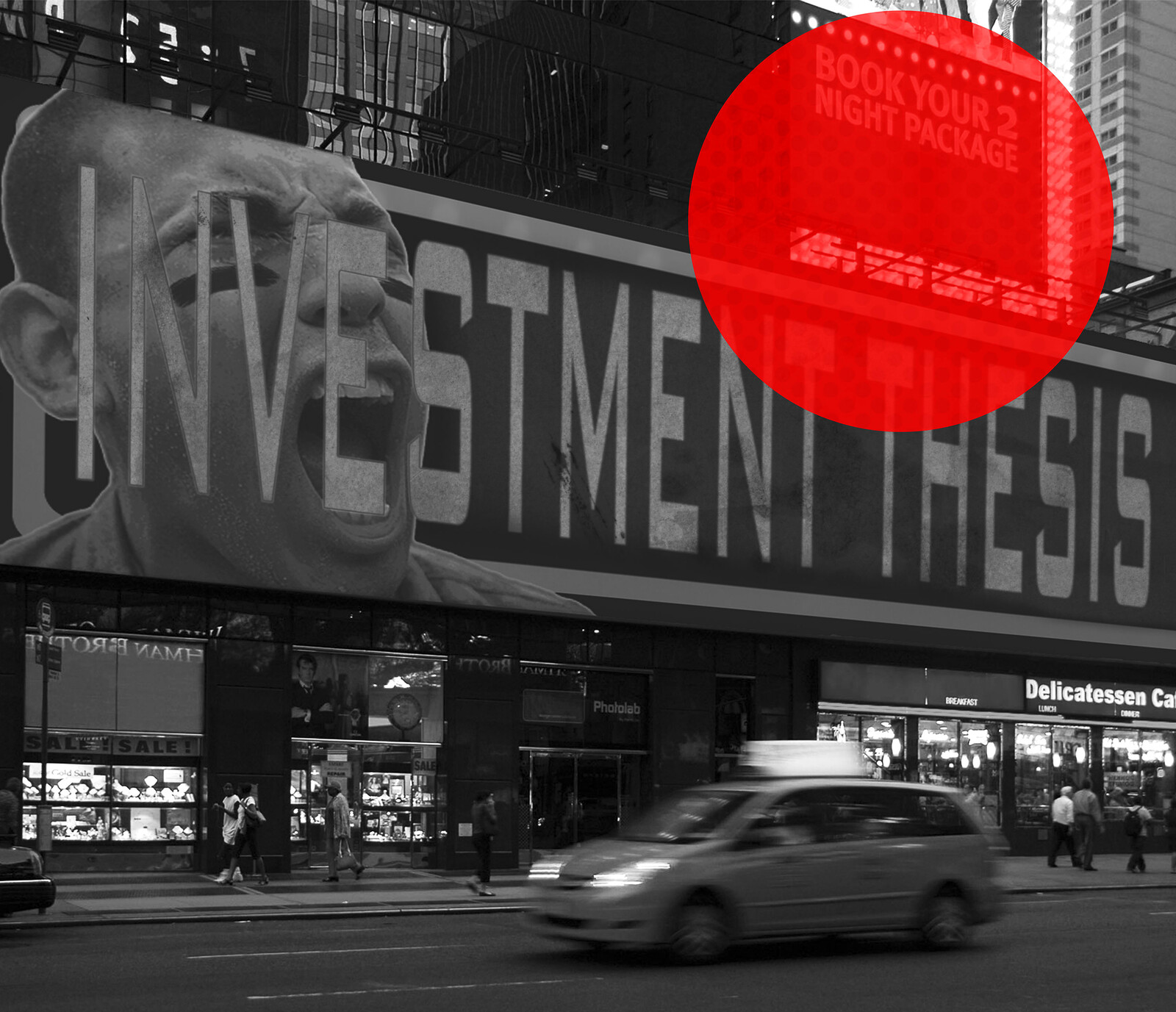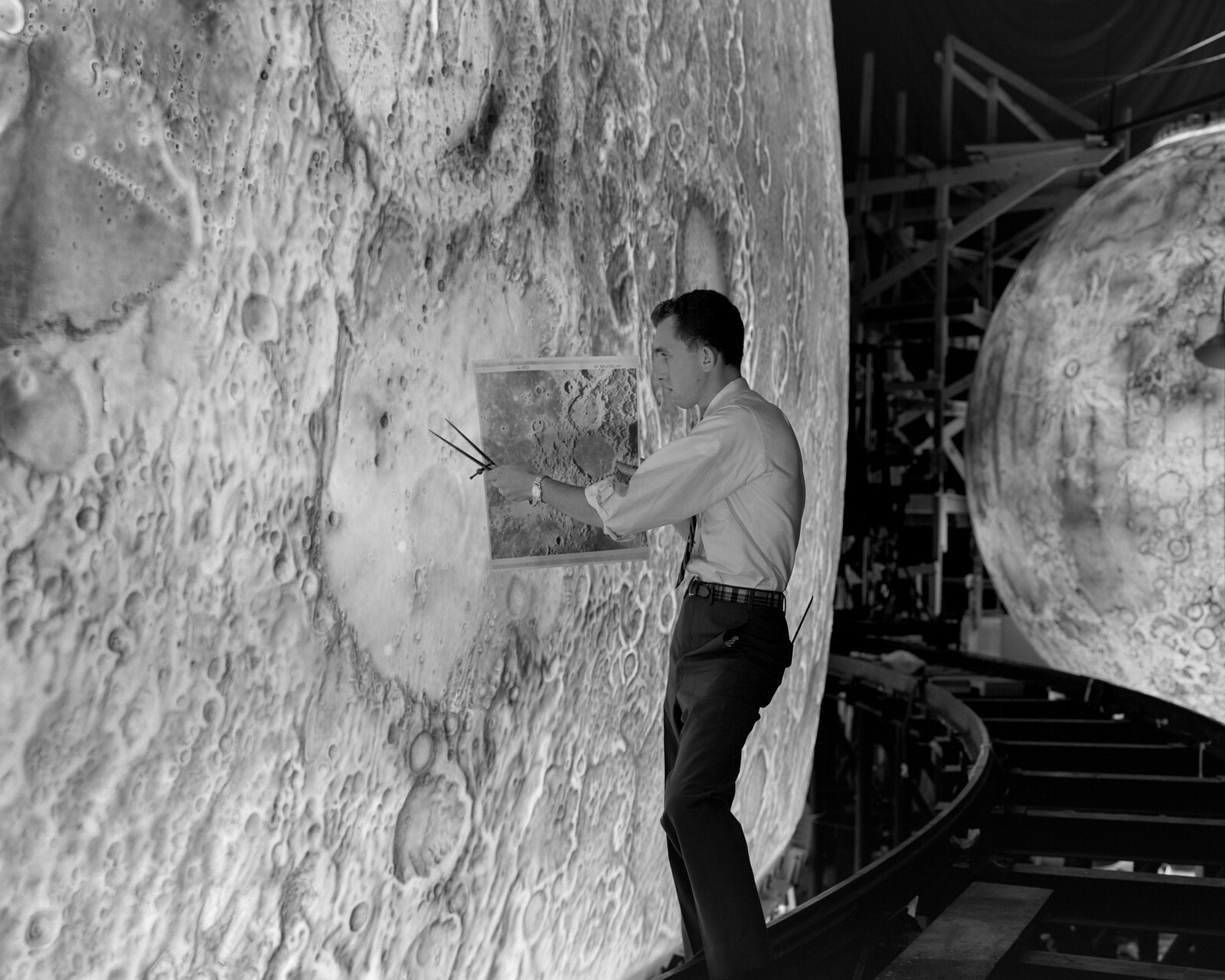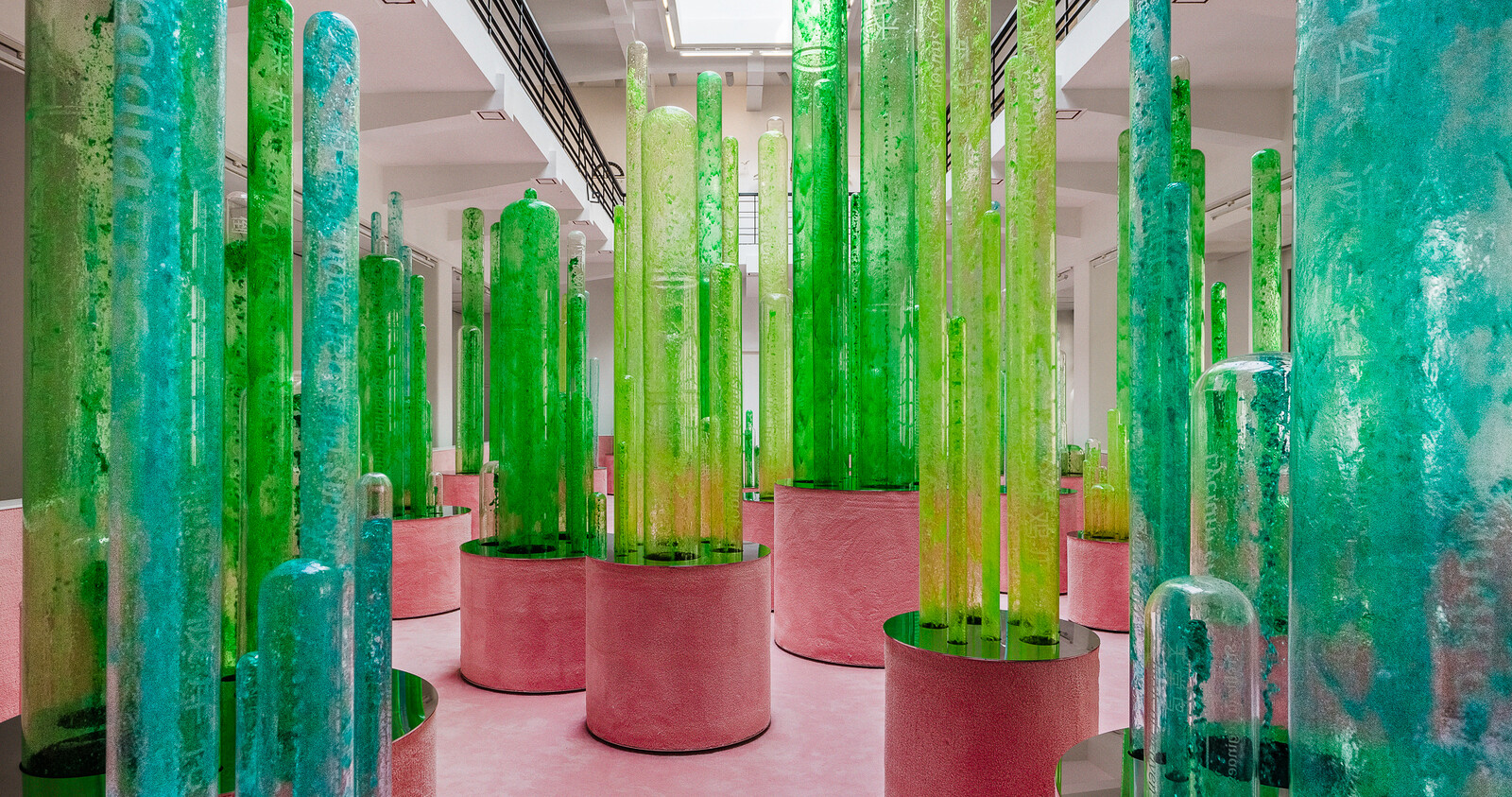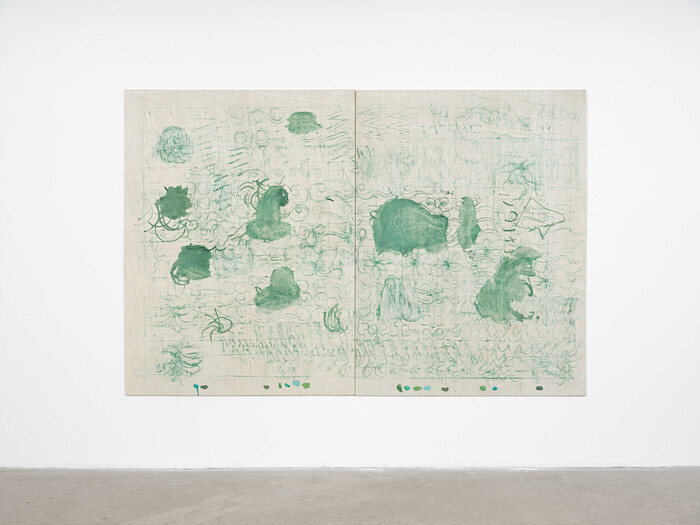A series of visual essays to commemorate the tenth anniversary of e-flux journal
While it would be wrong to think that when one says “ocean,” one is naming a “subject,” we might be so radical as to posit that to say “ocean” is, today, to say “art”—art without the burden of institutional life, without the ideological twists of cultural politics, art as a practice that belongs to artists, art facing the urgency of socializing with all who care about life. In other words, to say “ocean” is to replace the historical notion of the avant-garde with a code that is not determined by form and the invention of new gestures, but by an investigation of the substance of life, identifying this as the mission of art.
Revealing the hidden desire for capitalism in contemporaneous anticapitalist discourse and theory.
Art after culture. Just to say the simplest and most obvious thing: culture, in the broadest sense of the word, is good at pointing to things and naming them, but not so good at describing relationships between things. It privileges declarations, right answers, universals, and elementary particles. It is captivated by circular logics and modernist scripts that celebrate freedom and transcendent newness—narrative arcs that bend toward a utopian or dystopian ultimate.
The history of social civilization in the last two centuries may be read as an attempt to escape the inflexible law of the survival of the fittest. Social solidarity has been the attempt to transform the world into an anti-natural place of no competition. The autonomy of politics and ethics from the natural law of evolution was based on the conscious limiting of the power of intelligence. When intelligence is not restrained by sensibility, it deploys as brutal force.

